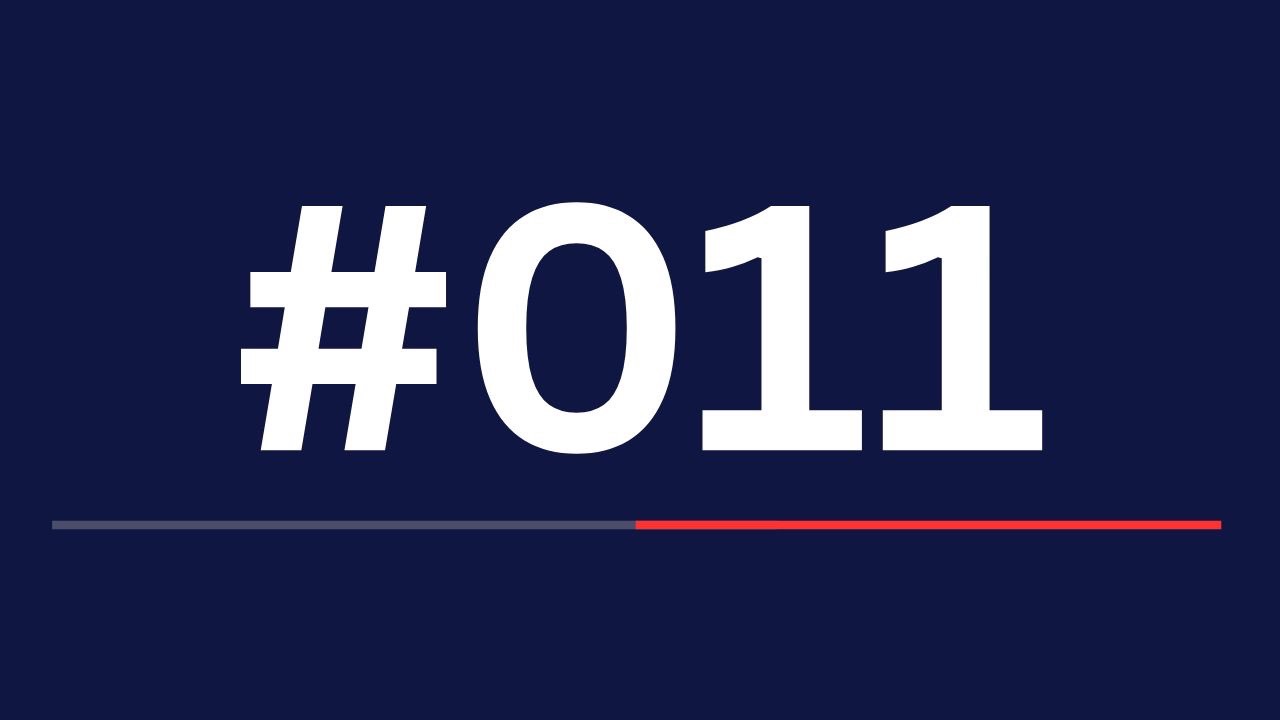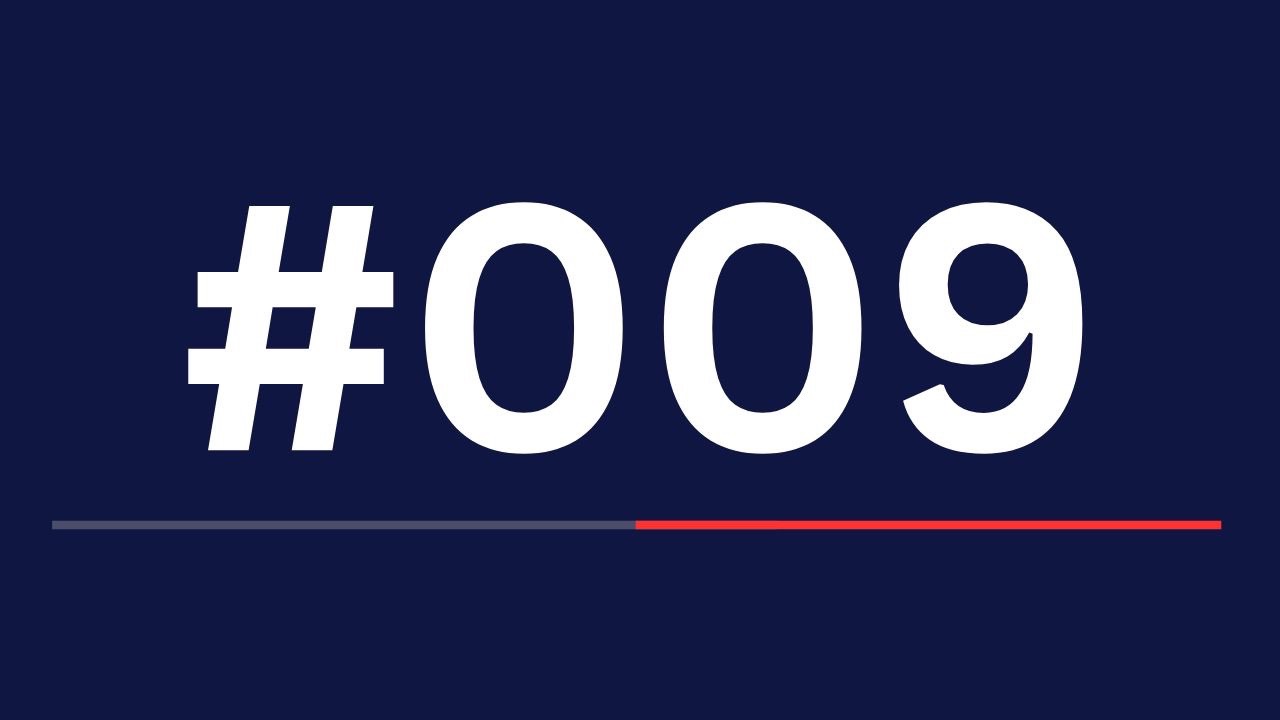Which Thailand Visa Actually Fits Your Life?

If you're thinking about moving to Thailand, one of the first (of many) big decisions you'll have to make is choosing the right visa.
That's because it becomes the foundation for everything else in your Thailand life. There's no point signing a long-term rental if you can't actually stay long-term. Same goes for opening a Thai bank account, enrolling kids in school, or making any major commitments when your ability to remain in the country is uncertain.
The reality is there's no universal "best" visa for Thailand. Your ideal pathway depends entirely on your financial situation, lifestyle preferences, and long-term plans.
Rather than just listing visa requirements, I want to walk you through different expat profiles and situations we see constantly when helping people relocate. The goal is to help you identify which profile sounds most like your situation so you can start narrowing down a pathway that might make sense for you.
Think of this as a framework to guide your research and decision-making, not rigid rules. These aren't the only paths forward, but they are solid starting points to help you figure out what works best for your specific circumstances.
1) The Middle Income Retiree
This is probably the most common profile. You're in your mid 50s to mid-70s, moving to Thailand for lifestyle, healthcare, climate, and more reasonable living costs.
You want comfortable long-term living. Not budget survival, but not ultra-luxury either. You'll likely stay in Thailand full-time or most of the year.
Financial profile: Stable pension or retirement income of $2,000-4,000 monthly and/or net worth between $300,000 and $900,000.
Spending patterns: $2,000-3,000 monthly. You opt for private healthcare, a quality rental, great food, and plenty of domestic and regional travel.
What matters most: Stable visa pathway, manageable lifestyle costs, minimizing bureaucracy while balancing convenience versus cost.
Main visa options: Non-O Retirement Visa, Non-OA Retirement Visa, Thailand Privilege Card.
The trade-offs: The Non-OA requires insurance (which gets expensive with age). The Non-O requires a Thai bank deposit or extremely rigid proof of passive income. The Privilege Card has very high upfront costs.
How I'd think about it: Are you okay keeping a fixed amount in a Thai bank account? If yes, the Non-O is your best bet. But start with the 90-day Non-O from your local Thai embassy before arrival, as this makes opening a Thai bank account infinitely easier upon arrival.
If you're planning retirement from outside Thailand and already considering decent insurance, the Non-OA gives you a full year upfront and easy bank account opening. You can switch to standard Non-O in year two once you're more settled in.
If you want multi-year certainty upfront and don't mind the investment, the Thailand Privilege Bronze Package (650,000 baht for 5 years) eliminates annual renewals entirely.
2) The Cost-Sensitive Retiree
You're in your 60s or 70s and moving to Thailand primarily for affordability. You've come to the realization that you can get superior quality of life on a relatively tight budget outside your home country.
Financial profile: Fixed income of $1,000-2,000 monthly from pension or social security and/or net worth under $300,000.
Spending patterns: $1,000-1,500 monthly for simple, peaceful, local living.
What matters most: Low-cost visa maintenance, even if it requires handling paperwork yourself.
Main option: The Non-O Retirement Visa is probably your most sustainable long-term choice.
The challenge: That 800,000 baht bank deposit can be a stretch. The alternative 65,000 baht monthly passive income route has serious complications, as most Western embassies no longer provide the income verification letter required for this path.
The passive income workaround: Start with Non-OA visa for year one (absorb the insurance costs as part of that), come to Thailand, open a Thai bank account, make the required deposits for 12 months, then switch to the Non-O using the passive income method.
Critical details: For the Non-O, the 800,000 baht must be "seasoned" properly and maintained in your Thai bank account. Generally for 2 months before and 3 months after extensions/renewals. On top of that, your Thai bank balance can never drop below 400,000 baht. And yes... there are some visa agents that can handle this deposit for you, but this isn't "by the book". Should you decide to have an agent deposit the 800,000 baht on your behalf, you may open yourself up to future risk since the proper "seasoning" timing wouldn't have been followed which could affect renewals. At the very least, you likely become dependant on them each year for this exact same reason. This is important to understand.
Important reality: Visa runs in the traditional sense are essentially dead. You can't build a sustainable retirement around bouncing in and out of Thailand every few months while skirting visa rules. Eventually, you'll be asked to transition to a proper, long-term visa or risk being denied re-entry.
3) The "Well Off" Retiree
You're in your mid-50s to mid-70s, retired (or semi-retired), with meaningful assets. You're moving purely for lifestyle reasons, not financial necessity. You could retire anywhere on Earth, but you choose Thailand because you love it.
Financial profile: Liquid net worth exceeding $900,000 and/or passive income or drawdown capacity of $6,000-10,000+ monthly.
Spending patterns: $4,000-8,000+ monthly for high-end condos, luxury villas, private hospitals, premium dining, luxury domestic and regional travel.
What matters most: Time efficiency, simplicity, flexibility for frequent travel.
Main options: LTR Wealthy Pensioner Visa, Thailand Privilege Card, Non-O, Non-OA.
The approach: Pure optimization for time and convenience. The LTR provides long-term stability in 5-year chunks. The Privilege Card removes bureaucratic pain upfront. The Non-O and Non-OA options are very easy to qualify for at this level.
4) Families With Children
You and your spouse are in your 30s, 40s, or 50s, relocating with school-aged kids. You're a remote worker, business owner, or early retiree looking for a change of pace and global experience for your children.
The family visa puzzle: Kids get Education Visas through their schools. For parents, only one parent per child can hold a Guardian Visa.
Two parents, two kids: Each parent gets a Guardian Visa tied to one child.
Two parents, one child: Only one parent gets a Guardian Visa. The second needs a different visa path depending on their situation. Luckily, lots of options are available in this case.
Critical planning: Map out visa strategy for each family member before buying plane tickets. Kids' Education visas depend on school enrollment, so having a plan in place beforehand is essential.
5) The Digital Nomad
You're likely between 20 and 50, making your living entirely online. Perhaps you're a freelancer, online business owner, consultant, or creator. Either way, you've built… or are actively building a career remotely and aren't tied to any specific location.
Financial profile: Highly variable income, anywhere from financially struggling to hundreds of thousands of dollars annually.
What matters most: Flexibility, simplicity, and oftentimes… affordability.
Main option: The Destination Thailand Visa is specifically designed for this group. The key requirement is showing the equivalent of 500,000 baht in your bank account (this can be in your home country).
Why the DTV works: Perfect balance of flexibility with an extremely reasonable application process.
DTV considerations: Only valid for up to 180 days at a time meaning you'll need to interact with Thai Immigration every 6 months to reset your stay period. You also can't work with, for, or alongside Thai companies on this visa. Your earnings must be 100% derived from outside Thailand and unrelated to the Thai economy.
6) The Corporate Remote Worker
Usually in your late 20s to late 50s, you're a salaried professional at a major international company working remotely, often pursuing geo-arbitrage opportunities.
The opportunity: A $100,000+ USD salary goes much further in Thailand and allows for dramatically increased savings and retirement investing.
Best option: The LTR Work-From-Thailand Professional Visa is designed exactly for this profile. The DTV also works, but LTR is superior in almost every way for those who qualify.
Real example: A very good friend of mine lives on Koh Samui as a Director at a very large European furniture company. He does extensive business in China and Vietnam, so he convinced his boss to let him relocate closer to Asian manufacturing partners. He earns the same income but enjoys significantly reduced taxes becasue of this LTR visa. His cost of living is similar to Europe, but he dramatically upgraded his lifestyle.
The Strategic Approach
Like I said earlier, there's no universal "best" visa for Thailand. Success comes from matching your visa choice to your specific situation, financial position, lifestyle preferences, and long-term goals.
The key message: optimize for what actually matters to you, whether that's cost minimization, bureaucracy avoidance, maximum flexibility, or long-term stability.
Your visa choice shapes your Thailand experience in more ways than one. Choose based on your own circumstances, not what worked for someone else.
When You're Ready, Here's How We Can help:
1. Relocate to Thailand with peace of mind: We help determine which visa pathway would be best for you and then manage your entire application from start to finish. No paperwork headaches, no Embassy or Immigration stress. Even if you’re still in your home country, we’ll help get you approved efficiently and so you can start your life in Thailand with complete clarity. And when you’re ready for the rest, such as finding a place to live, setting up insurance, shipping your belongings or relocating your pets, our trusted partner network has you covered. It’s a seamless, all‑in‑one experience designed so you can focus on enjoying life in Thailand from the start.
2. Learn Thai that actually sticks: Join Teacher Fah's Thai Language Challenge. A 100-day structured program that's already helped over 900 other expats build real speaking skills they can use daily. If you'd like to see my progress after her 100-day challenge so you know what you can achieve, just watch this video here. Enrollment is limited to 50 students per cohort to ensure personal attention. If doors aren't open right now, you can join the waitlist for first access.





